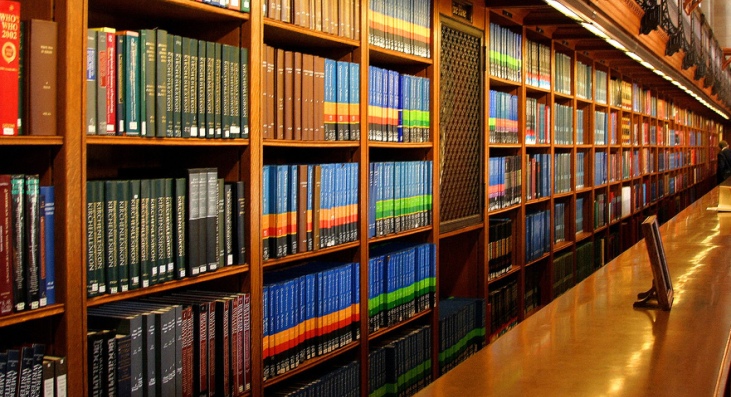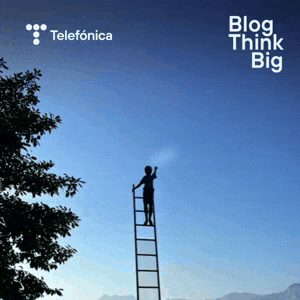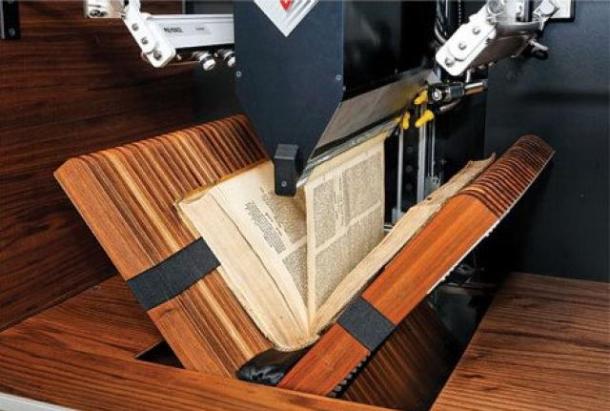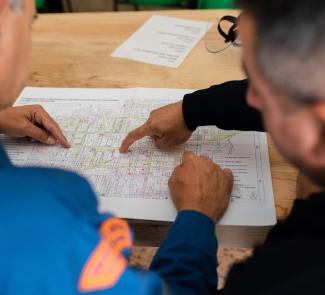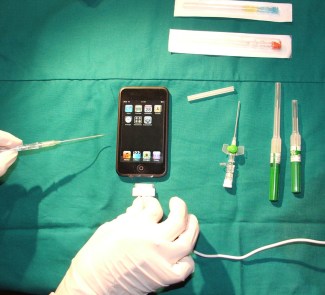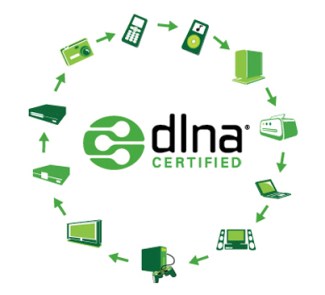Norway's National Library plans to digitise all of the books in Norwegian in its archives.
Projects to digitise books, by both public institutions and private companies, have been in the works for several years now, but only a few have been important or large enough to attract widespread attention. The project planned in Norway belongs to this select minority, because Norway’s National Library has proposed to digitise all of its books by 2020. This refers to the collection that is written in Norwegian, but even so, it will include hundreds of thousands of books.
The size of the project is demonstrated by Norwegian legislation, which requires the National Library to deposit a copy of each item of content published in the country, regardless of the type of communications media: books, newspapers or other options. Thanks to this initiative, by the middle of the decade of 2020, the digitisation of the books in Norwegian will be complete, which means that all of the national culture – including literature, philosophy, history or any other subject covered in a publication – will be available in digital format.
And since one of the biggest challenges of digitisation is copyright, Norway has decided to implement a simple solution to address this question. All works published in the 20th century will be freely accessible, and titles that are not subject to copyright – whether from centuries ago or the day before yesterday – will be able to be downloaded free of charge. Of course a Norwegian IP address will be required to enjoy these privileges.
Since the books and other documents in Norwegian in the National Library’s collection will be digitised, and since the National Library is required to archive all content published nationally, it means that the country will have practically all of its culture in digital format accessible to the public.
The process of digitising documents is done with the help of machines that bring together different technologies, including a camera and mechanisms to carefully turn the pages at regular intervals. But the digitisation of books is not as simple as taking a picture; the text must be identified, which is difficult to do in the case of some words, especially in the case of old books in which the ink has blurred. One of the solutions to speed up this identification process is ‘Recaptcha’, which are the two words that users enter on the Internet when asked to confirm that they are not a robot; one of these terms is displayed as it was found in the volume that is being digitised, so that the user can specify which characters are shown.
Image: Thomas Hawk
